Dispute Resolution in Commercial Construction
The world of commercial construction is full of moving parts (figuratively and literally!). In large projects, multiple stakeholders collaborate to bring complex projects to fruition, and the potential for disputes loom. From differing interpretations of contract terms to unexpected project challenges, disputes can significantly impact timelines, budgets, and overall project success.
Let's discuss invaluable tips for effective dispute resolution and prevention in the commercial construction industry to ensure a smoother construction process.
Clear Contractual Agreements
One of the fundamental pillars of successful commercial construction projects is the establishment of clear and comprehensive contractual agreements. Contracts should serve as a roadmap, clearly defining the scope of work, project timelines, payment schedules, and the responsibilities of each party involved. Ambiguities and vague language in contracts often become breeding grounds for disputes. By investing time in crafting precise and detailed contracts, construction companies can significantly reduce the risk of misunderstandings and disagreements down the line.
Effective Communication
Effective communication is the lifeblood of any successful construction project. Establishing open and transparent communication channels among all stakeholders is paramount. Regular project updates, discussions about concerns, and encouraging all parties to voice their opinions contribute to a collaborative environment. Addressing issues promptly and fostering a culture of clear communication helps prevent minor misunderstandings from snowballing into more significant disputes that can threaten the project's success.
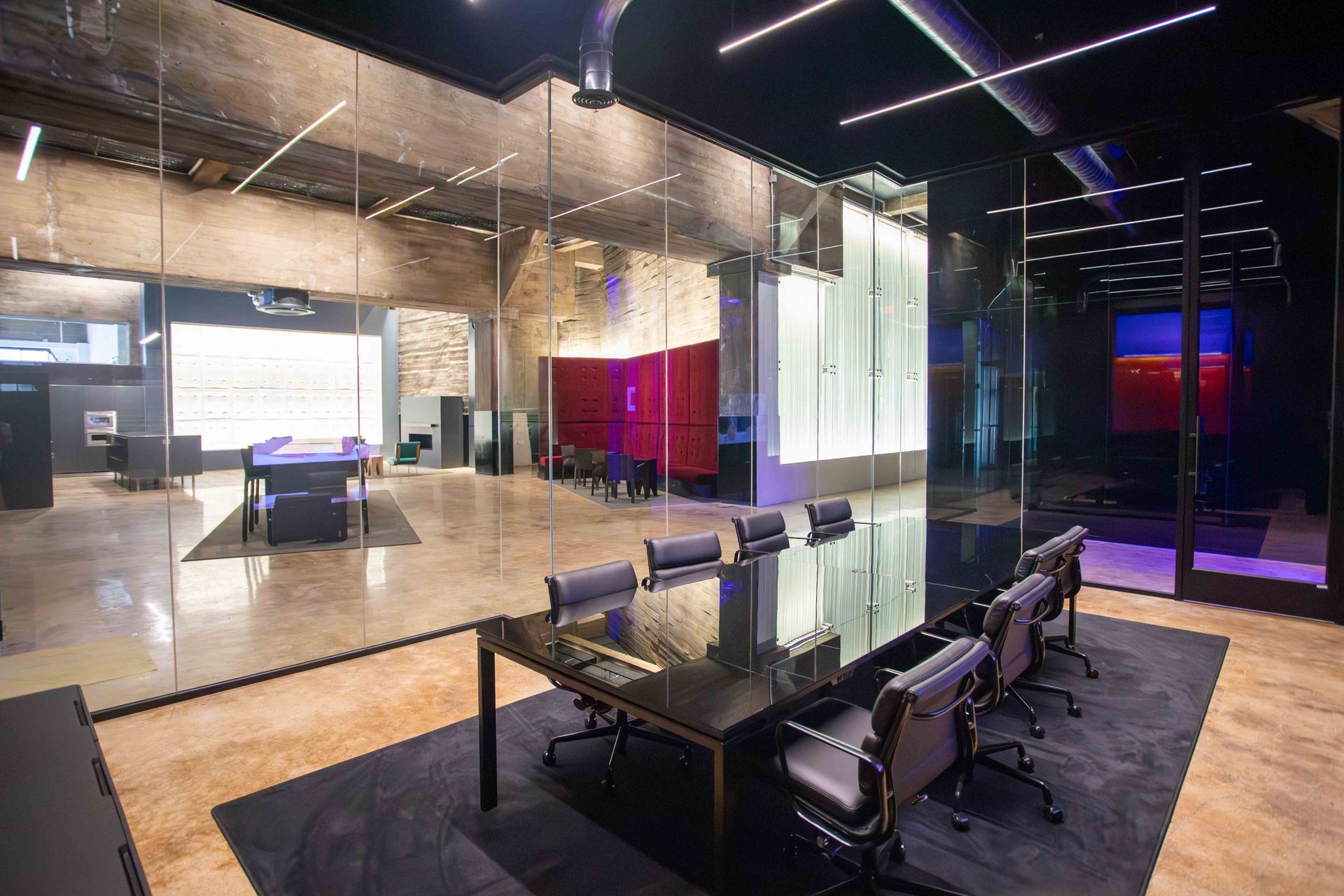
Document Everything
In the fast-paced construction world, where the team makes decisions on the fly and circumstances can change rapidly, thorough documentation is a game-changer. Project managers and stakeholders should diligently document all aspects of the project, including changes to the scope of work, extra work orders, and any issues that arise during construction. This documentation serves as a historical record and can be invaluable in resolving disputes by providing a clear timeline of events and decisions.
Mediation and Dispute Resolution Clauses
Anticipating potential disputes and having a structured process in place for resolution is a prudent strategy. Contracts should include mediation and dispute resolution clauses outlining steps to take in cases where conflicts arise. Mediation involving a neutral third party provides an opportunity for constructive dialogue and resolution outside of the courtroom. This approach is often more cost-effective and quicker than litigation, allowing projects to stay on track.
Regular Project Reviews
Prevention is often more effective than cure, which is true in commercial construction. Regular project reviews allow stakeholders to assess the progress and address potential issues before they escalate. Early identification of challenges allows for proactive problem-solving, mitigating the risk of disputes becoming significant roadblocks to the project's success. By fostering a culture of continuous improvement, construction companies can navigate potential pitfalls with greater ease.
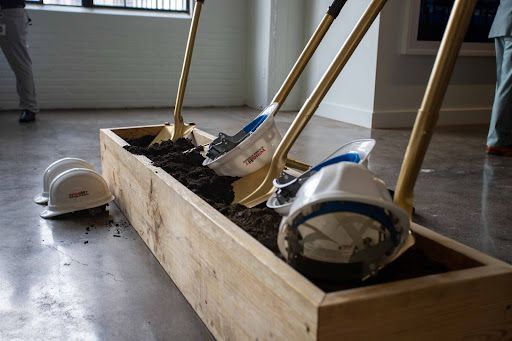
Professional Project Management
An experienced and skilled project manager is an invaluable asset in the construction industry. A competent project manager can navigate the complexities of construction projects, identify potential risks, and manage expectations effectively. Their role in addressing issues promptly and ensuring that all stakeholders align with the project goals is crucial. Investing in professional project management can significantly reduce the likelihood of disputes and contribute to the overall success of the construction endeavor.
Successful dispute resolution and prevention in commercial construction require a proactive and collaborative approach. By adopting these tips, construction companies can enhance their ability to resolve disputes efficiently and foster a positive and collaborative environment conducive to successful project outcomes.
Get In Touch With Wright Building Systems
Wright Building Services understands that a successful commercial construction project isn't just about bricks and mortar; it's about meticulous planning, proactive risk management, and a commitment to excellence. By addressing financial, design, scheduling, and compliance risks, our team ensures that we execute each project seamlessly, meeting client expectations and delivering outstanding results.
Get in touch with us today!
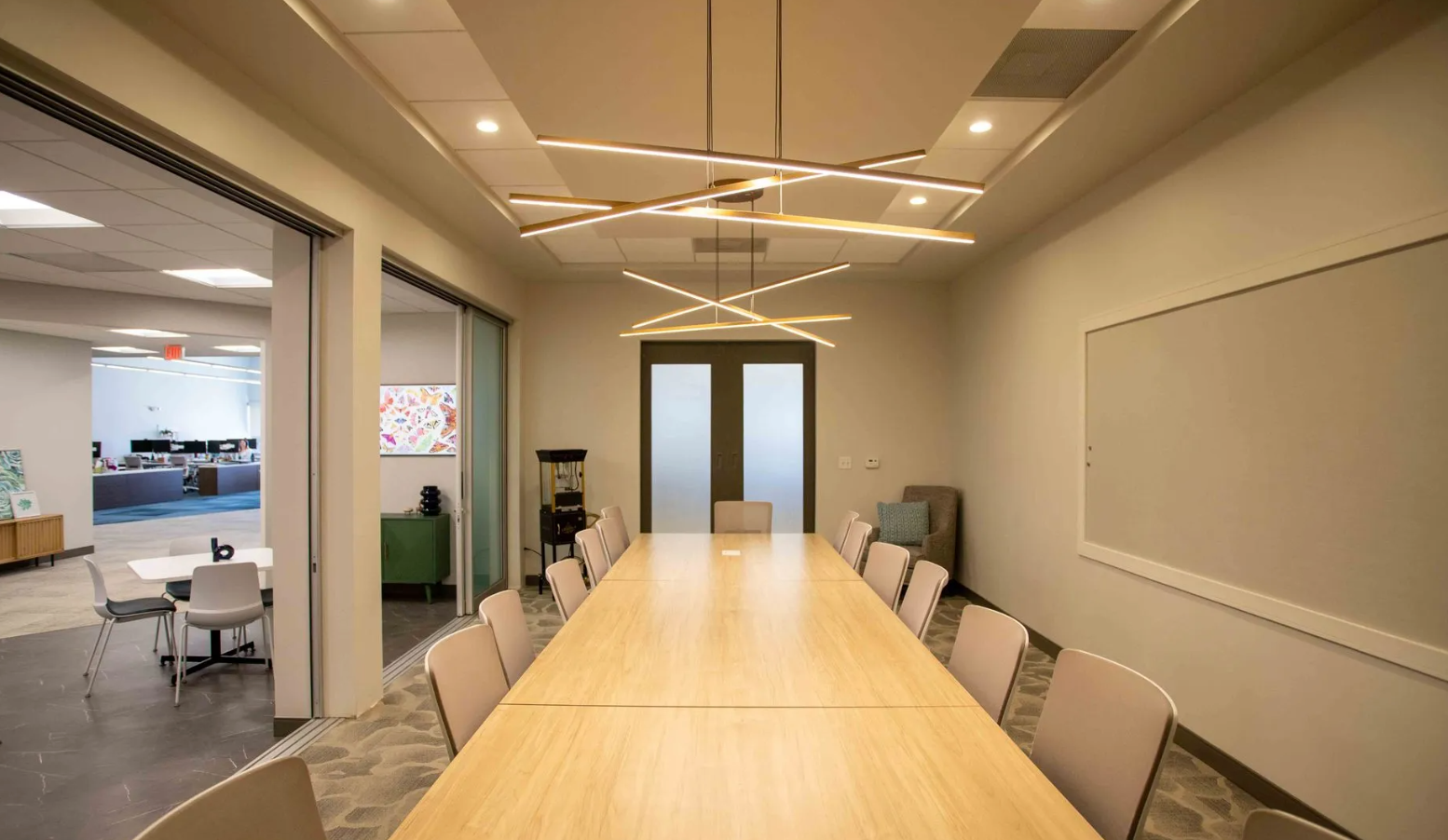
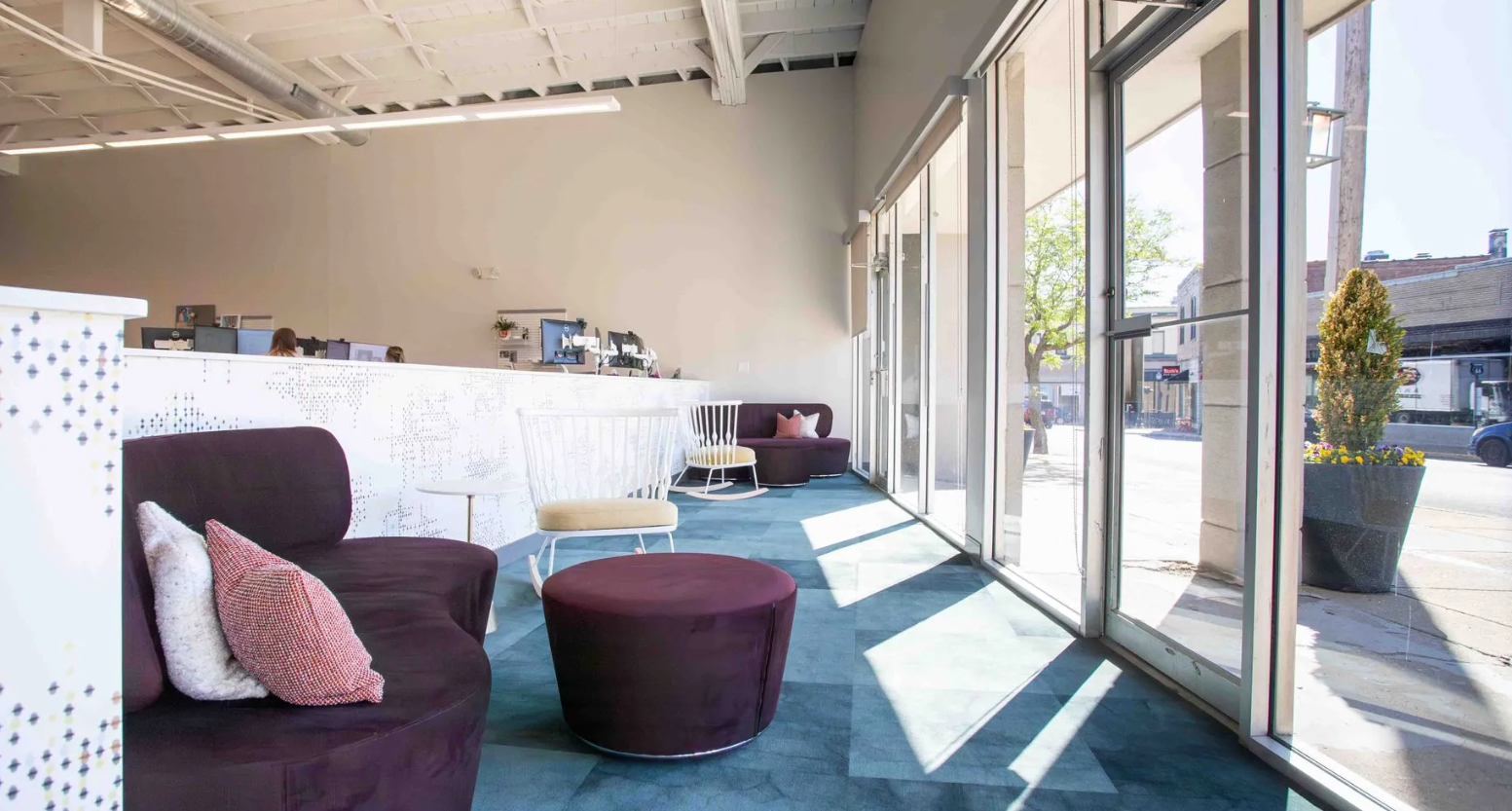
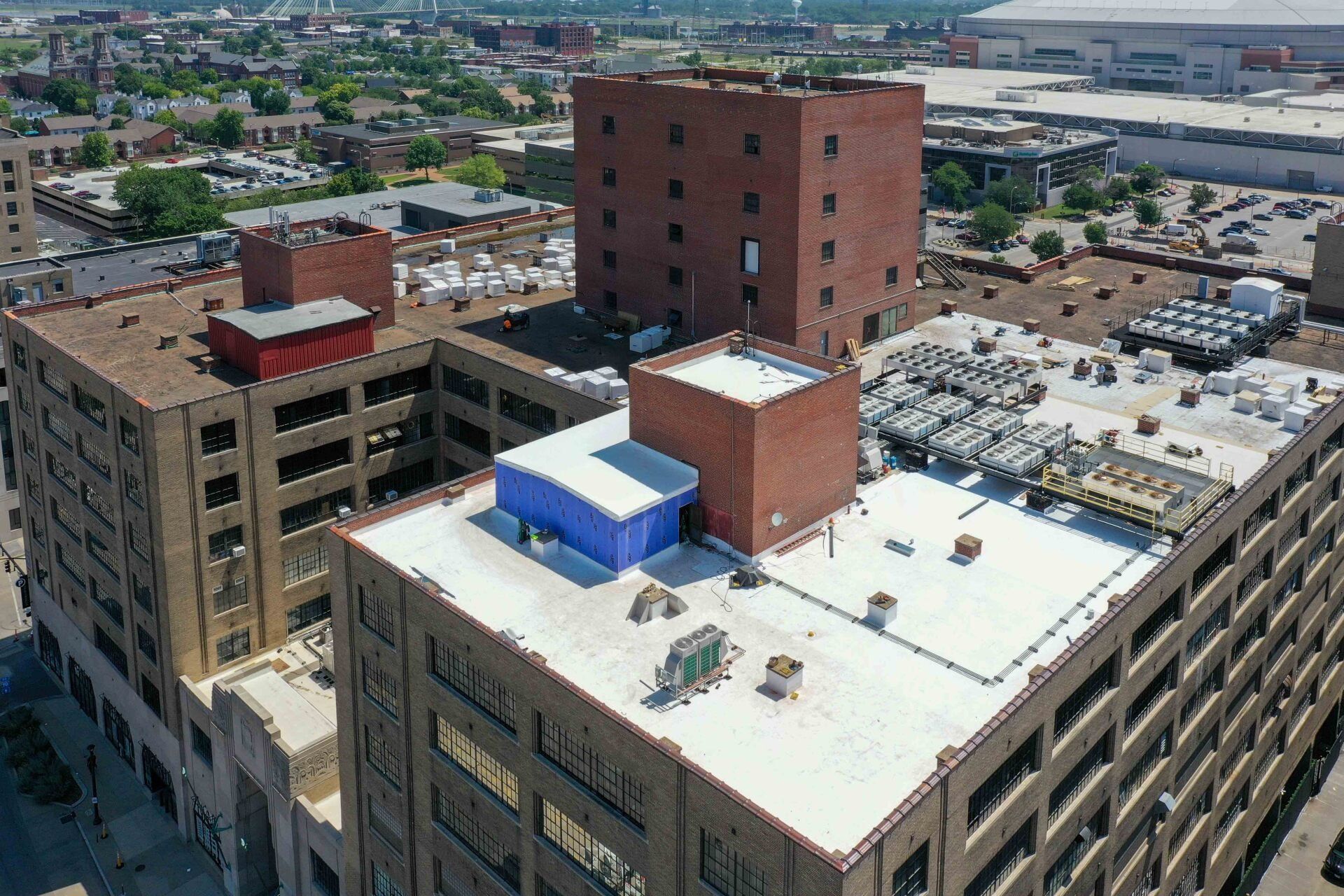
Request a Consultation
Navigation
All Rights Reserved | Wright Building Systems
